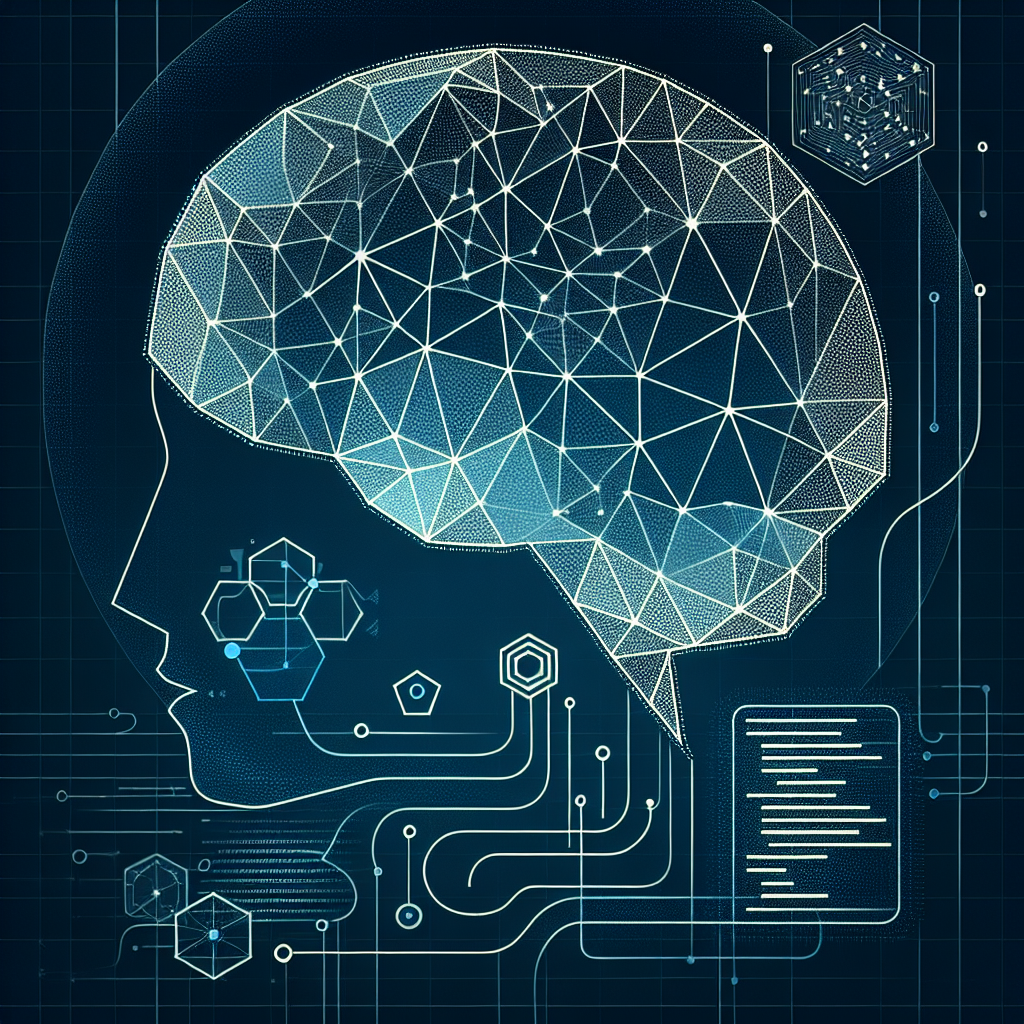
AI Code Generation: Best Practices for Enterprise
In today’s rapidly evolving tech landscape, AI code generation is revolutionizing enterprise software development. As organizations strive to increase productivity and innovation, implementing AI-powered coding tools has become a game-changer. However, to harness the full potential of these tools, it’s crucial to follow best practices that ensure quality, security, and efficiency. Let’s dive into the essential strategies for successfully integrating AI code generation in enterprise environments.
Understanding AI Code Generation in Enterprise
AI code generation leverages machine learning algorithms to produce code snippets, functions, or even entire programs based on natural language inputs or existing codebases. For enterprises, this technology offers significant advantages:
- Accelerated development cycles
- Reduced repetitive coding tasks
- Improved code consistency
- Enhanced developer productivity
However, with great power comes great responsibility. Implementing AI code generation tools requires careful consideration and strategic planning.
Best Practices for AI Code Generation in Enterprise
1. Establish Clear Governance Policies
Before diving into AI-generated code, it’s crucial to set up governance frameworks:
- Define usage guidelines for AI coding tools
- Establish approval processes for integrating generated code
- Create documentation standards for AI-assisted development
Implementing these policies ensures consistency and maintains control over the development process.
2. Prioritize Code Review and Quality Assurance
While AI can generate code quickly, human oversight remains essential:
- Implement mandatory code reviews for AI-generated snippets
- Use automated testing tools to validate generated code
- Encourage developers to understand and verify AI outputs
Remember, the goal is to enhance human capabilities, not replace them entirely.
3. Ensure Data Privacy and Security
AI models are trained on vast amounts of data, raising privacy concerns:
- Use AI tools that prioritize data protection
- Avoid inputting sensitive information into public AI models
- Regularly audit AI-generated code for potential security vulnerabilities
Protecting intellectual property and maintaining data integrity should be top priorities.
4. Provide Comprehensive Training
To maximize the benefits of AI code generation, invest in your team:
- Offer workshops on effectively using AI coding tools
- Train developers to write clear prompts for better AI outputs
- Educate teams on the limitations and potential biases of AI models
Well-trained developers can leverage AI tools more efficiently, leading to better outcomes.
5. Integrate with Existing Development Workflows
For seamless adoption, AI code generation should complement current processes:
- Integrate AI tools with existing IDEs and version control systems
- Establish guidelines for when to use AI versus traditional coding
- Create feedback loops to continually improve AI integration
The goal is to enhance productivity without disrupting established workflows.
6. Monitor and Measure Impact
To justify investment and optimize usage, track the impact of AI code generation:
- Set up metrics to measure productivity gains
- Monitor code quality and bug rates in AI-generated sections
- Gather developer feedback on tool effectiveness
Data-driven insights will help refine your AI implementation strategy over time.
7. Stay Updated with AI Advancements
The field of AI is evolving rapidly. Stay ahead of the curve:
- Regularly assess new AI coding tools and features
- Participate in industry forums and conferences
- Encourage experimentation with emerging AI technologies
Staying informed ensures your enterprise leverages the latest advancements effectively.
8. Foster a Culture of Continuous Learning
AI code generation is transforming the role of developers. Encourage adaptability:
- Promote a mindset of AI augmentation rather than replacement
- Encourage developers to focus on high-level problem-solving
- Create opportunities for knowledge sharing and innovation
A culture that embraces change will thrive in the AI-driven development landscape.
Checklist of Best Practices for AI Code Generation in Enterprise
To summarize, here’s a quick checklist to ensure you’re on the right track:
- Establish clear governance policies
- Implement rigorous code review processes
- Prioritize data privacy and security
- Provide comprehensive training to development teams
- Integrate AI tools with existing workflows
- Set up monitoring and measurement systems
- Stay updated with AI advancements
- Foster a culture of continuous learning and adaptation
By following these best practices, enterprises can harness the power of AI code generation while mitigating potential risks and challenges.
Conclusion
AI code generation is not just a trend; it’s a transformative technology that’s reshaping enterprise software development. By implementing these best practices, organizations can leverage AI to boost productivity, improve code quality, and drive innovation. Remember, the key to success lies in thoughtful implementation, continuous evaluation, and a balanced approach that combines the strengths of AI with human expertise.
Are you ready to elevate your enterprise’s software development with AI code generation? Start by assessing your current processes and identifying areas where AI can make the most significant impact. The future of coding is here – embrace it wisely and watch your enterprise soar to new heights of efficiency and innovation.